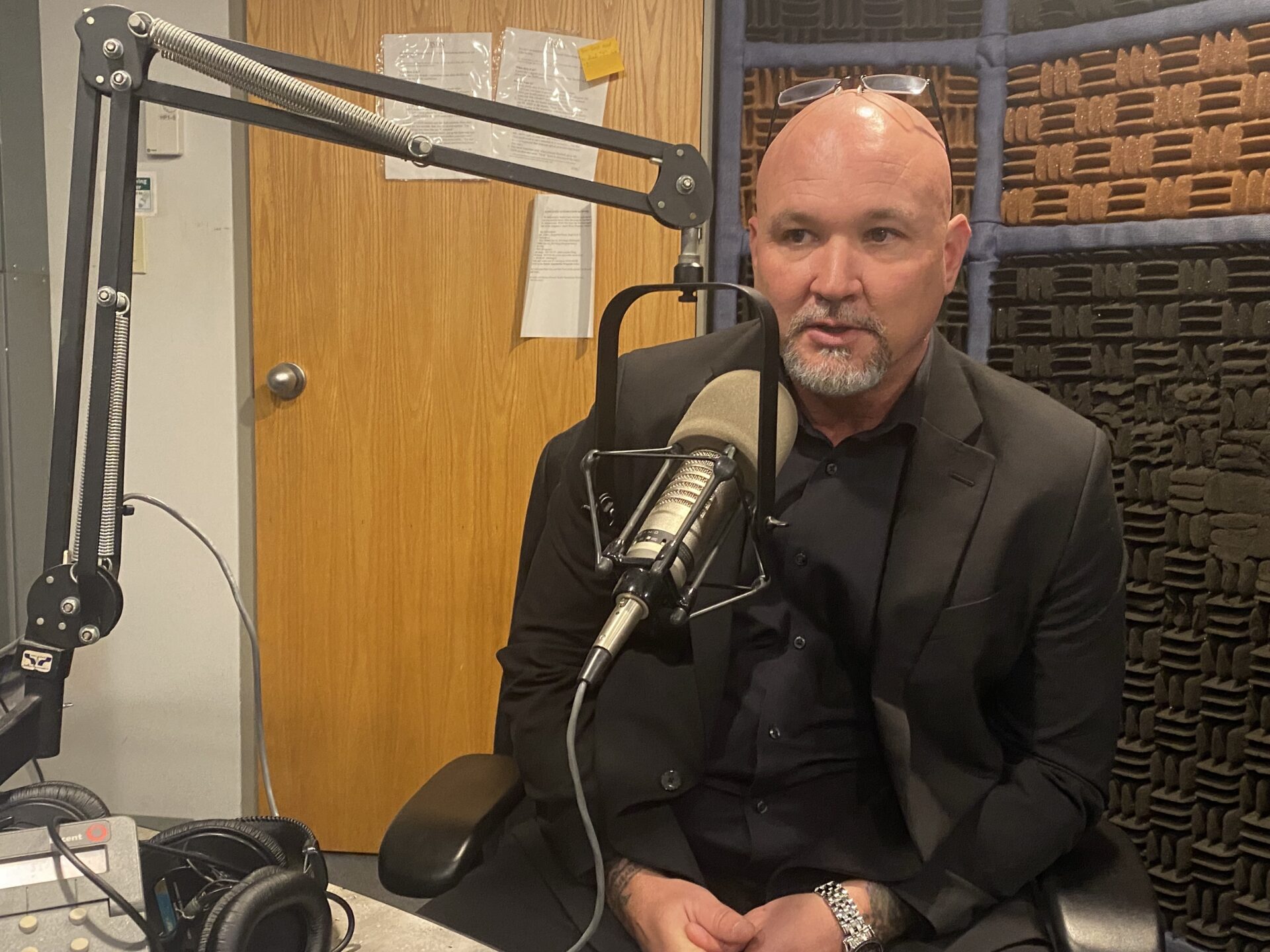The dire shortage of EMTs and paramedics across West Virginia is now trending in a positive direction, but there is still much to be done to remedy what many call a first responder mental health crisis.
Randy Yohe spoke with Jody Ratliff, director of the state Office of Emergency Medical Services, on meeting the challenges facing those who come to our aid when we need help the most.
This interview has been lightly edited for clarity.
Yohe: Director Ratliff, where do things stand? What are the telling numbers right now regarding EMS vacancies, statewide?
Ratliff: Statewide, we’re still down. We look at it this way, over the past 11 years, we’ve lost. Over the past year, we have gained around 600 providers. That’s a huge plus that we’ve turned everything around in the right direction. But the question is, people aren’t really seeing those numbers. When you lose for 11 years, one positive year doesn’t equate to 11. So we’re still low, for sure, but we are heading in the right direction.
Yohe: You were, not too long ago, down a third of your staff. It’s not that anymore, is it?
Ratliff: Not a third, but we’re not far from a third either. We’re still pretty far down. We still need to add more EMTs and paramedics, for sure.
Yohe: What else are you doing for recruitment and retention?
Ratliff: Senate Bill 737 came out. That was for EMS enhancement funding and we’re still working with that right now. We just sent a letter out to the county commissioners on how they can spend that money. It’s basically that monies be able to be spent for an enhancement on payroll. For a provider, they’re going to see, I’ll use the term bonus, above and beyond what they would normally get paid.
Yohe: What are the key challenges your department faces, and what is underway or planned to meet these challenges?
Ratliff: We have a lot of challenges. The state medical director is working on rewriting protocols, updating protocols, or reformatting protocols. Somewhere around June 2024, if not before, we’re going to have a whole new EMS system with all new protocols. They’re going to have more medications, we’re doing away with some of the older medications. We’re gonna allow paramedics to be paramedics and EMTs to be EMTs in the state.
Yohe: What are the benefits to the protocol changes?
Ratliff: The benefits are implementing more modern medicine. We’re getting away from the old stuff that we’ve been doing for years and years and years. It’s outdated. We know it just doesn’t work the way it should. So that’s a benefit to the patients.
Yohe: You had some first responder mental health care initiatives on the drawing board. Some of them may have kicked off to help handle what many responders, and now some legislators, are calling a mental health crisis. Where do the state support and response team projects stand?
Ratliff: That’s a great question. So right now, with Senate Bill 737, 90 percent of it went to enhancement of the funding and 10 percent of it goes to mental health. Each county got $18,800 some odd dollars, and they were able to develop a response team.
If, in that EMS region, an agency has a bad call, and they need that debriefing for their mental health, we’re going to have a response team to come out and be able to do that.
Yohe: Does that also include proactive or preventive care before mental health issues come up for first responders?
Ratliff: That’s the other thing we’re looking at. We’re trying to gather some data. Hopefully we start that in 2024, to be able to get some data so we can do preventative care for first responders. We want to be able to get that data handed over to the EMS coalition so they can start to decipher it and then start figuring out what we need to do to be preventive, not just long-term. Then we get preventative, we get in the moment, and we get long-term. That way we start covering mental health across the board.
Yohe: In the moment care, with that dividing up of $18,000 plus to each county, is there actually a response team available if there’s a real critical trauma incident and some of the first responders need some counseling right then and there?
Ratliff: Right now we do have some folks around the state. I wouldn’t say it’s a critical response team. We’ve just got some areas around the state, some agencies, if you will, handle situations like that. We want to be able to develop those response teams. So EMS, fire and law enforcement are helping EMS, fire law enforcement. There’s no better health and people who do it themselves.
Yohe: Is there a particular mental health training for EMTs? Is talking about mental health and trying to understand things as an incoming EMT involved in the training?
Ratliff: I’m glad you asked that because it will be. We’ve already got plans that if when you come in to EMS with an EMT class, paramedic class, or a critical care class, every time that you go into one of those classes, we’re going to have it set up hopefully, in 2024, that you’ll get about 10 slides about mental health. Not just your own mental health, but also who you can call, how to get a hold of people, things like that. We want from the start of your career, all the way to the top of your career, we want you to see that every single time that you take a class.
